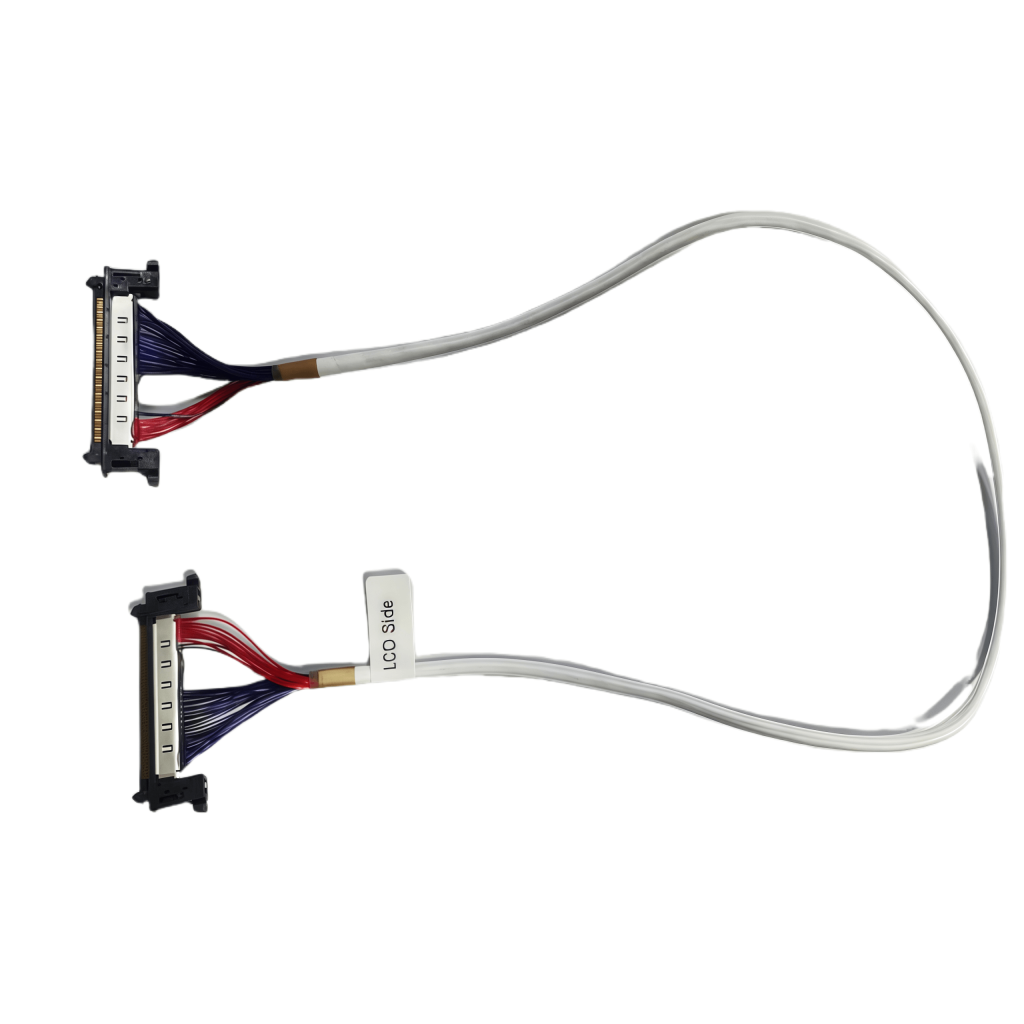Imagine lying perfectly still in an MRI scanner, hoping for a quick, clear diagnosis. What determines if that crucial image reveals the subtle details needed? Surprisingly, a complex network of tiny, advanced micro-coaxial cables plays a starring role, working tirelessly behind the scenes to ensure the MRI machine accuracy radiologists and patients depend on.
MRI machines are marvels of modern physics, using powerful magnets and radiofrequency (RF) pulses to create incredibly detailed images of the human body. But this complex dance relies on the flawless transmission of incredibly weak electrical signals amidst an environment saturated with electromagnetic noise. This is where micro-coaxial cables become indispensable for MRI image quality.
1. Shielding Against Signal Sabotage: The Power of EMI/RFI Rejection
MRI scanners generate intense electromagnetic fields. Nearby electronic equipment within the hospital environment adds its own noise. Micro-coaxial cables are engineered with exceptional electromagnetic interference (EMI) and radio frequency interference (RFI) shielding, typically using multiple layers like braided shields and often foil tape:
2. Maintaining Signal Integrity: Preserving the Fidelity of Every Byte of Data
Beyond just shielding, micro-coaxial cables ensure the signal itself arrives intact:
3. Enabling Precision Pulse Control & Fast Switching
MRI sequences involve precisely timed bursts (pulses) of RF energy and rapid switching of gradient magnetic fields:
4. Durability in a Demanding Environment
Hospitals are high-traffic areas. MRI cables experience repeated flexing during patient setup, coil changes, and machine maintenance. They may also come into contact with cleaning agents.
Industry-Wide Adoption for Critical Performance
Leading MRI manufacturers like Siemens Healthineers, GE Healthcare, Philips, and Canon Medical Systems rely heavily on specialized medical-grade micro-coaxial cables within their RF transmit chains and within receiver coils. Replacing or upgrading to cables with superior shielding effectiveness, lower loss characteristics, and enhanced phase stability is a recognized method for improving scanner performance or addressing image quality issues.
Ensuring Ongoing Accuracy
While micro-coaxial cables are designed for longevity, they aren’t infallible. Signs of potential cable issues impacting MRI scanner accuracy include:
The Unsung Hero Inside the Machine
While powerful magnets and sophisticated software capture the headlines, it’s the high-performance micro-coaxial cable networks that act as the critical signal transmission backbone of an MRI scanner. By providing unmatched EMI shielding, maintaining pristine signal integrity with controlled impedance and minimal loss, ensuring precise timing, and offering robust durability, these advanced cables are fundamental to achieving the highest levels of medical imaging precision. When diagnostic accuracy hinges on revealing the smallest details, optimized micro-coax ensures that vital signal quality is preserved from the patient to the diagnostic workstation, making it a true silent hero of modern MRI technology.
Investing in advanced micro-coaxial cabling is an investment in diagnostic confidence, empowering healthcare providers with the clearest window into the human body.

Our factory offers high-quality products at competitive prices
Meta Description: Discover the advanced features and benefits of Industrial Micro-Coaxial Wiring—engineered for precision, durability, and high-speed signal transmission in industrial environments. What is Industrial Micro-Co.
In LVDS (Low Voltage Differential Signaling) display systems, Micro-coaxial Cable (also referred to as Micro Coax Cable) stands out as an optimal solution for high-resolution, high-reliability signal transmission. Designed to meet the str.
Feel free to reach out to us for any inquiries or orders